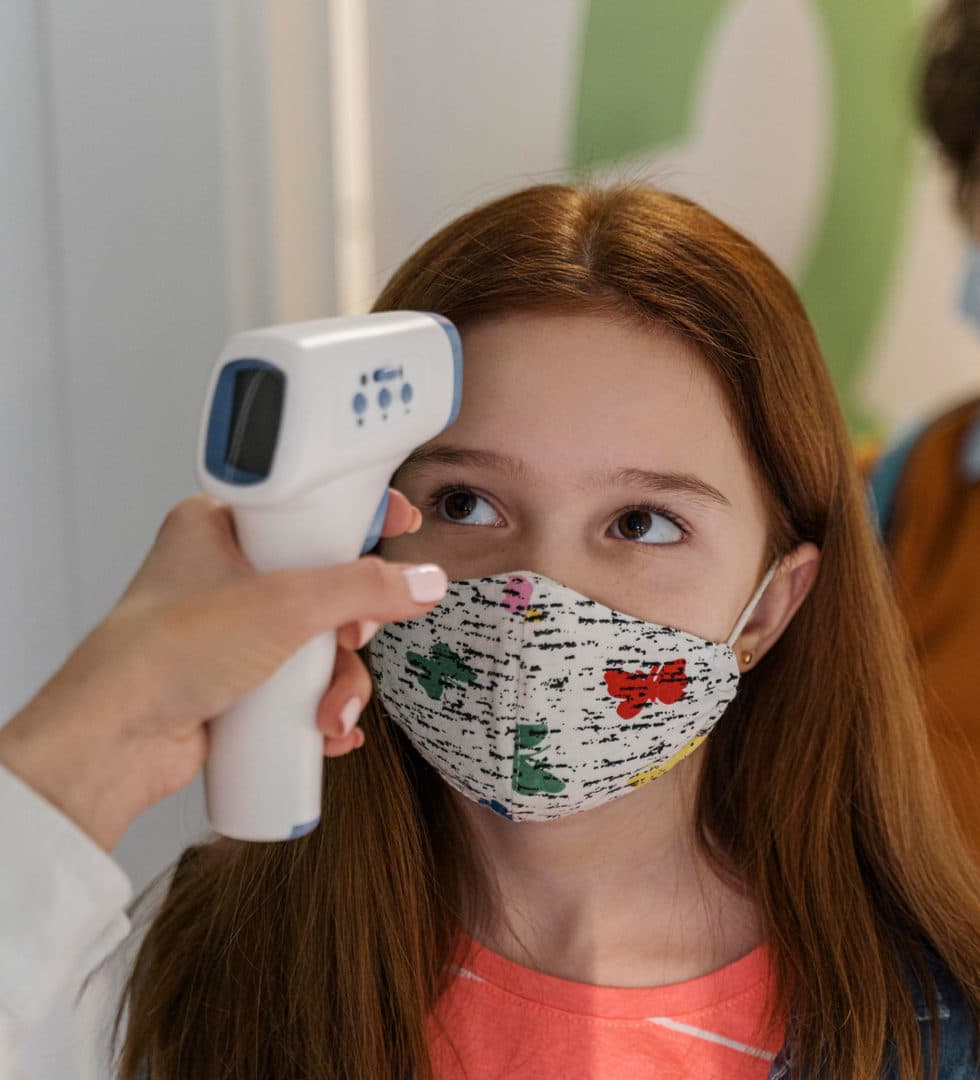The recent Emergency Use Approval for the Pfizer-BioNTech vaccine in the 12- to 15-year-old age group, has raised countless questions and created a dilemma for many patients.
Are the reasons for vaccinating a child the same as those for an adult?
Do they have the same risk factors? The same rates of transmission?
Are there any known vaccine side effects to consider?
This article discusses the differences between adults and children, and will hopefully help answer your questions, in order to empower you to make the best decision for you child and your family.
In general, children are far less likely to catch Covid-19 than adults. They are also far less likely to develop significant symptoms or complications if they do. The transmission rate from children to other children and from children to adults, is far lower than that from adults to others around them. A child is far more likely to contract Covid-19 from their parents or carers, than they are from their peers. Once these adults are vaccinated, the risk of transmission to children decreases. Since the beginning of this pandemic, morbidity and mortality data has been gathered across all age groups, and when it comes to the paediatric population, these numbers are negligible.
Therefore, does a child need the same level of protection as an adult?
One of the major concerns that parents have had regarding this vaccine, is the fact that it is new without the reassurance of years of safety data. This particular vaccine is the first to use mRNA technology, and hence, it is difficult to draw parallels from previous vaccine data. However, all the studies done so far (of which the majority have been on adults), have not shown any significant adverse effects, and have continued to support the evidence for the safety of this vaccine. For adults, any potential future side effects of the vaccine seem like a much smaller risk when compared to the risk of complications from Covid-19 infection, as they are older. Whereas with children, and the fact that they have more years of life ahead of them, this may influence parents to prefer the lower risk of infection over the potential risk of the vaccine.
What I believe is one of the most significant effects of this pandemic on children, is the one on their mental health. There is a major increase in the number of cases of paediatric anxiety, tics, behavioural concerns, which are related to the reduced social interaction, the fear and anxiety associated with Covid-19, the changes in their schooling, the increased screen time, and other factors. Vaccinating the 12- to 15-year-olds may have a significant positive effect on this, as it can help many of these children and their parents regain confidence and help allay their fears of infection.
Another advantage of vaccinating that is well worth mentioning, is the avoidance of the logistical difficulties when a Covid-19 infection has to be dealt with by a household. When a member of the household tests positive (whether adult or child), the whole household has to follow the rules of quarantining and isolating for several days, with time off school and work, and the disruption to plans and responsibilities. Vaccinating the children within a household, goes a long way towards reducing the risk of this. We are also witnessing less restriction with access to certain events and more lenient travel and quarantine rules for certain destinations when one is vaccinated. We expect this list to grow.
Therefore, the decision to vaccinate a child is not as straightforward as choosing to vaccinate an adult, as their risks from the virus are less. However, those risks do still exist, along with the risk of their transmitting it to vulnerable ones around them. There are also the logistical factors to take into account. The more we learn about Covid-19 and about the vaccines that have been released against it, the easier this decision will become.
Watch this space for more information as it becomes available. Stay safe!
https://youtu.be/bfKX0v4EDnM




